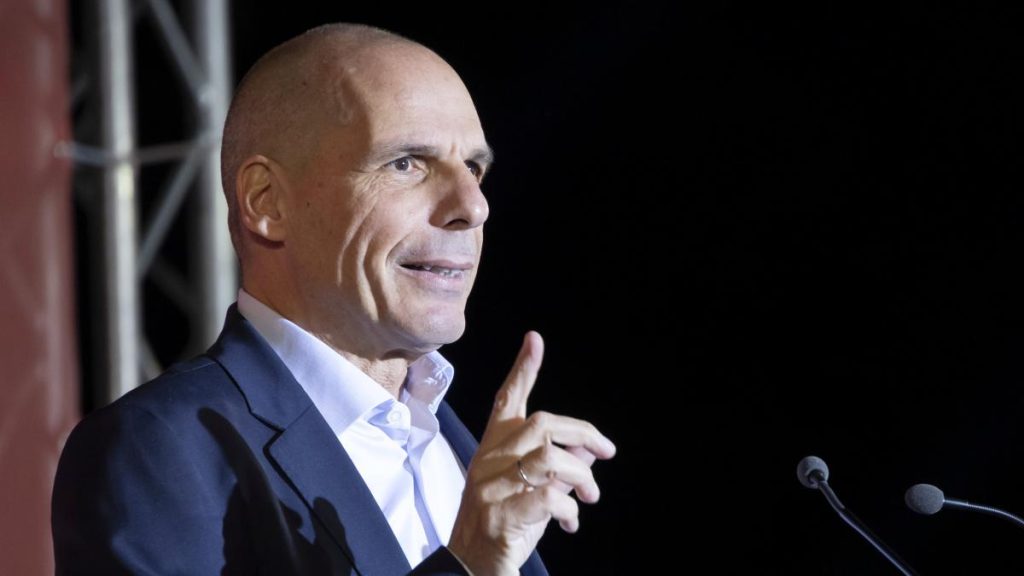German authorities have imposed an entry ban on former Greek finance minister Yanis Varoufakis in connection with the controversial “Palestine Congress” in Berlin. The ban was put in place to prevent “anti-Semitic and anti-Israel propaganda” at the event. Varoufakis, co-founder of the left-leaning pan-European party Diem25, was notified of the ban, which also restricts his participation in online events. Berlin’s Interior Senator Iris Spranger defended the decision to cancel the event and continue to prohibit it in the following days, citing concerns about the event’s focus on networking with anti-Semitic and anti-Israel groups.
Following the dissolution of the “Palestine Congress” in Berlin, demonstrators attacked police officers near the Federal Chancellery on Sunday evening. Approximately 200 protesters gathered, with one individual arrested for using banned slogans in his speech. The crowd attempted to free the man, leading to clashes with police who used pepper spray to defend themselves. Several officers and demonstrators sustained injuries, and eight protesters were detained. The Berlin police had shut down the congress shortly after it began, citing the presence of a speaker with a political ban as the reason for ending the event and extending the prohibition to the following days.
The decision to prohibit Varoufakis’ entry and the cancellation of the “Palestine Congress” came as a response to concerns about anti-Semitic and anti-Israel sentiments. Varoufakis had initially stated that he was subject to a “political activity ban,” but authorities clarified that it was an entry ban. Spranger maintained that the congress was intended for networking with like-minded groups rather than promoting critical discussions on Israeli politics, branding the event as “shameful” and emphasizing the difficulty in preventing it from taking place. The incident highlights the ongoing challenges in addressing and confronting extremist viewpoints in public gatherings.
The clashes between protesters and police reflect the tensions surrounding the “Palestine Congress” and the broader issues of anti-Semitic and anti-Israel sentiments in Germany. The use of pepper spray by law enforcement signifies the challenges faced in maintaining order and preventing violence in such situations. The swift intervention by authorities to disband the congress and control the ensuing protests indicates a proactive approach to maintaining public safety and upholding laws. Moving forward, efforts to address and prevent the spread of extremist ideologies will be critical in promoting tolerance and fostering a more peaceful society.
The events surrounding the “Palestine Congress” underscore the complexities of balancing freedom of expression with preventing hate speech and incitement to violence. The decision to impose entry bans and disrupt the event reflects the government’s commitment to combating extremism and protecting minority groups. The response by authorities to the protests demonstrates the challenges in managing public demonstrations and ensuring the safety of participants and law enforcement personnel. Continued vigilance and enforcement of laws against hate speech will be essential in promoting social cohesion and preventing further incidents of violence and discrimination.


